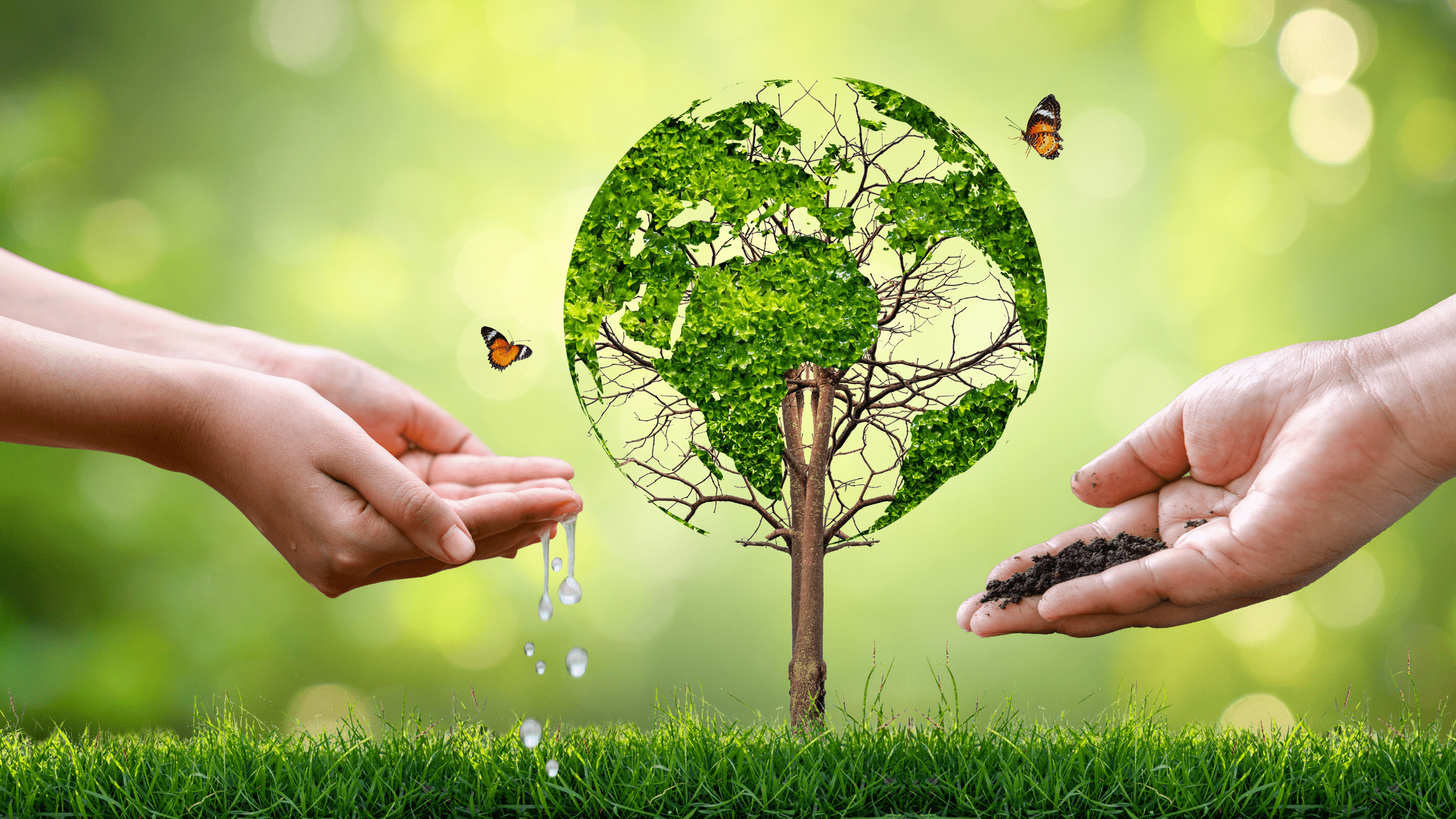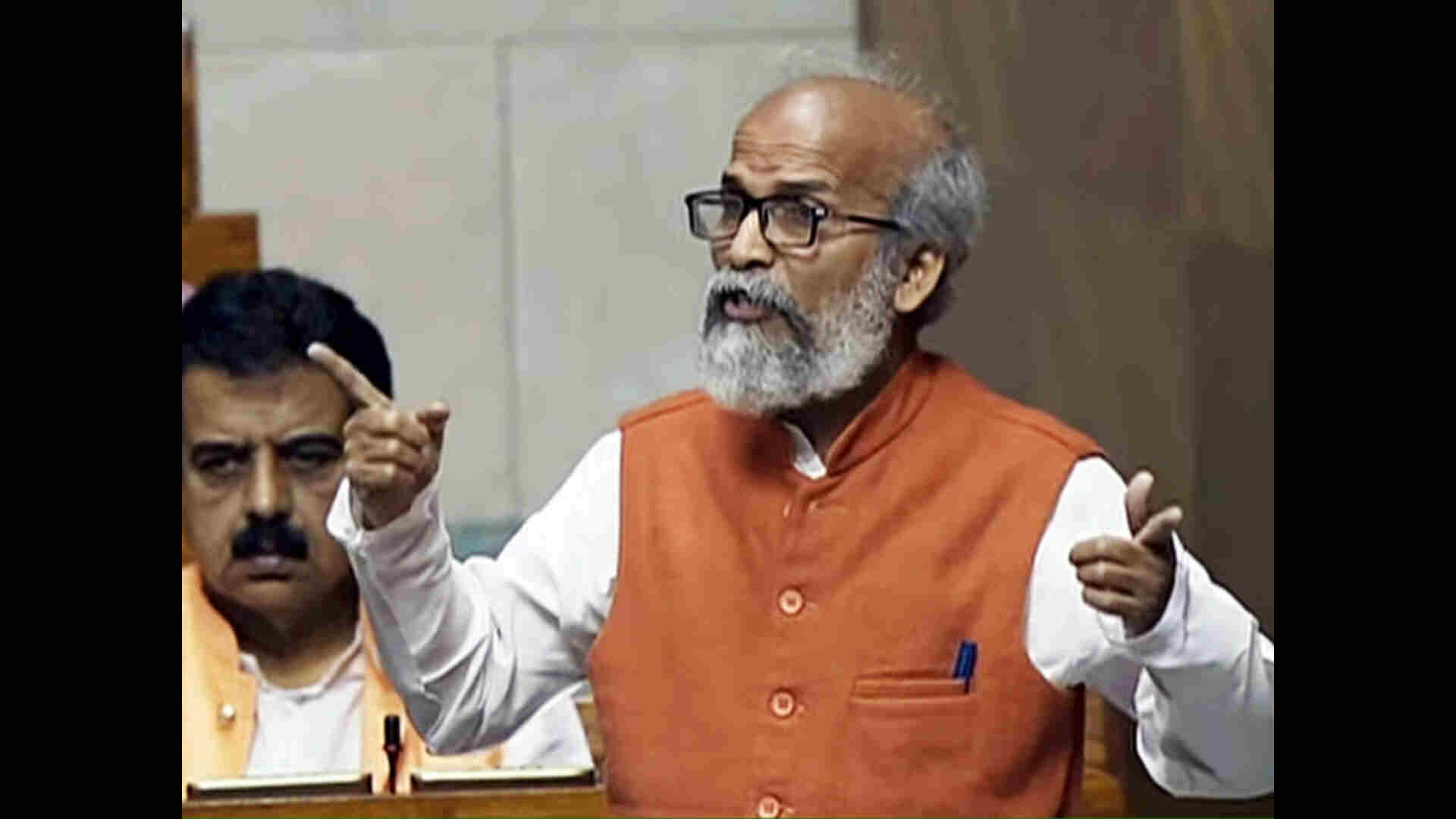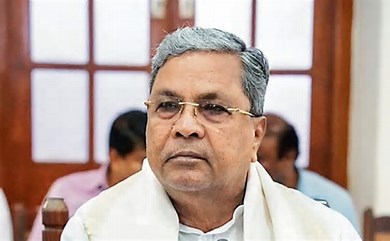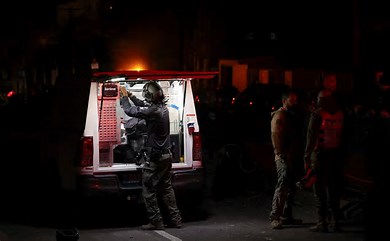
Climate change has had catastrophic consequences, but its impact has not been evenly distributed among all social groups. The latest Intergovernmental Panel on Climate Change (IPCC) report highlights the heightened vulnerability of already marginalized groups, including those based on factors like gender, ethnicity, low incomes, and informal settlements, to the impacts of climate change.
As extreme weather events like record-breaking heat waves and flash floods become more frequent and intense, the burden falls disproportionately on those already struggling to make ends meet. Two such vulnerable social groups are the transgender community and women in sex work.
These communities face unique challenges in adapting to climate change-related weather events. The ordeal of stigmatization, gender-based violence, and inadequate access to safe spaces and legal protection exacerbate their hardships during climate-related crises.
EXTENT OF VULNERABILITIES
Transgender individuals and women engaged in sex work face profound challenges due to limited opportunities for stable income. Many transgender people resort to begging or sex work as primary sources of livelihood. They are often stationed at traffic signals exposing themselves to grueling working conditions of harsh sunlight or heavy rainfall without access to basic facilities.
Similarly, sex workers endure long working hours with limited access to essential resources like toilet and drinking water facilities. Despite the toll on their mental and physical health, transgenders and sex workers have no choice but to continue working to survive. 68% of women sex workers in India entered the profession ‘voluntarily’, driven by factors such as low household income, followed by lack of qualification or skill for other employment. With such poor economic conditions exacerbates the vulnerability and inability of these communities to overcome climatic shocks.
Access to healthcare is also a pressing concern for transgender communities, with many facing privacy issues and high rates of health problems (HIV and other sexually transmitted infection). A study conducted in Maharashtra, Karnataka, and Tamil Nadu found that almost 28% of sex workers lacked privacy in government health facilities, with prevalence of health issues such as high blood pressure, diabetes, and thyroid disorders reaching nearly 58%.3
The Council on Energy, Environment, and Water (CEEW) identified states like Assam, Andhra Pradesh, Maharashtra, Karnataka, and Bihar as highly vulnerable to extreme climate events. Incidentally, these states also have relatively higher populations of transgender individuals and sex workers. Some may be living with HIV and some undergoing hormonal treatments, which can react negatively to extreme temperatures. Even at a sociocultural level, the specific experiences of these groups with climate change deserves more space in gendered analysis of climate change.
Existing Initiatives
According to the United Nations, climate change hits the poorest and most vulnerable the hardest, exacerbating existing inequalities. Without targeted policies to reduce their exposure and vulnerability, poverty and inequality will only worsen.
Despite efforts towards legal recognition of marginalized groups, their inclusion in job opportunities, education, healthcare, and social services remains limited due to the lack of inclusive policies, welfare schemes, and community engagement. The SMILE (Support for Marginalized Individuals for Livelihood and Enterprise) scheme aims to provide comprehensive rehabilitation measures for transgender individuals and those engaged in begging. However, when viewed through a climate lens, certain crucial factors have not received sufficient attention, such as the need for gender-confirming sanitation facilities, safe shelters, and counseling on coping mechanisms in the aftermath of natural disasters.
Striving for inclusive development, there is a need to create an enabling ecosystem for these communities to thrive. Adopting a prevention-focused approach, civil society organizations and other actors need to collaborate with governments, other civil society and community-based organizations, universities, social enterprises, philanthropies, and corporate partners to orchestrate optimal public health policies nationally and globally. While identifying root causes for exclusion, strengthening systems to address violence and discrimination, and empowering communities and community health workers will help to achieve everyday wellbeing regardless of identity and social status.
Where our efforts concentrated
To support vulnerable communities in adapting to climate change, a collection action from different stakeholders like government, CSOs and NGOs, needs to be prioritized.
Strategies for mitigating and adapting to climate change must take into account the particular needs and vulnerabilities of marginalized groups, with respect to their gender, socioeconomic status, and geographic location, and emphasizing the crucial connections between livelihoods and health. In order to guarantee vulnerable communities’ access to social services, employment opportunities, healthcare, and education, inclusive policies and social protection must be put into place. Climate-sensitive features can be included into current programs. Awareness campaigns can also be implemented to protect and empower these populations. To develop health systems in a people-centered manner, relationships between governments, philanthropies, social businesses, civil society organizations, and CSR partners must be fostered through collaborative efforts.
To effectively pursue the action strategy for supporting vulnerable communities in adapting to climate change would require inclusive policies, climate-sensitive initiatives, and collaborative effort.
Vandana Sharma currently works as a senior associate in the Climate Practice Portfolio in The Catalyst Group. She has been a significant part of different projects related to climate change, gender, water, livelihood and agriculture.
Rishika Bairolia holds a Master’s degree in Social Entrepreneurship from the Tata Institute of Social Sciences, Mumbai.















